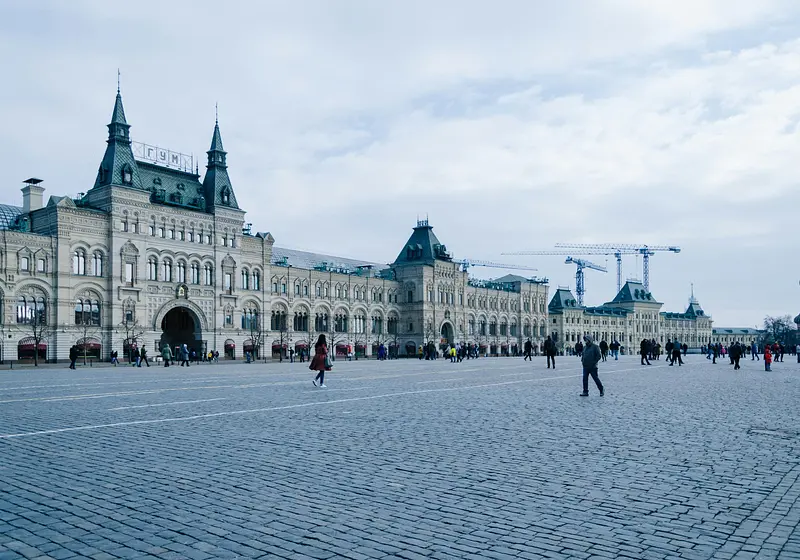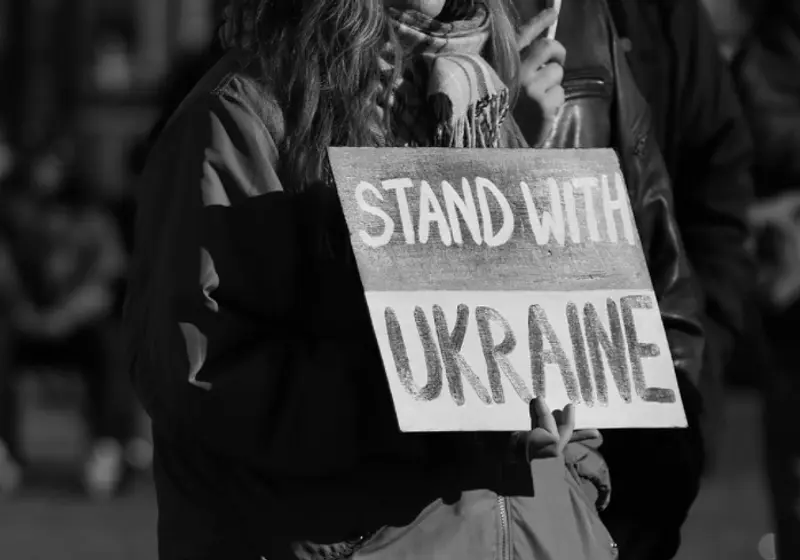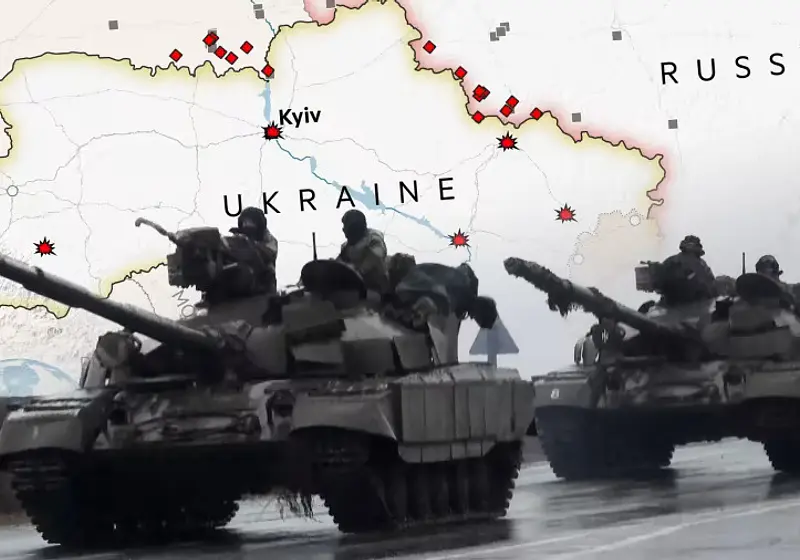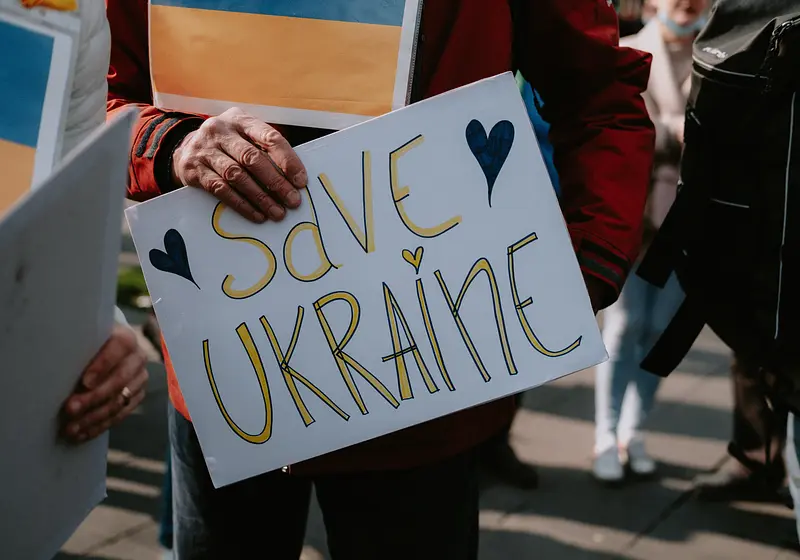"I think very poorly of United Russia. United Russia is the party of corruption, the party of crooks and thieves," said Alexei Navalny in 2011 during his feature on Finam FM station. Fast forward to February 16, 2024, when Navalny, Russia's most prominent opposition leader, died at 47 in a Yamalo-Nenets region Arctic prison notorious for its dangerous living conditions and alleged violation of human rights law.
Navalny, a fierce critic of President Vladimir Putin and corruption within the government, had been imprisoned since 2021 on what he believed were fabricated charges of embezzlement and contempt of court. His death raises several questions about Russia's future, which appears to be hanging in the balance.
Born in Butyn, Russia, in 1976, Navalny grew up in numerous towns outside the bustling city of Moscow. He attended the People's Friendship University of Russia, graduating with a law degree in 1988. In 2000, while he was furthering his studies at the Financial University under the Government of the Russian Federation, Navalny joined Yabloko, a political party known for its beliefs surrounding liberal democracy and market economies. After being accused of engaging in nationalistic affairs, Navalny was expelled from the party in 2007. This did not deter him – instead, it was the launchpad for his entrance into the political spotlight.
Navalny wasn't just a politician but a thorn in Putin's side. His anti-corruption investigations, often delivered through scathing YouTube exposes or long-form blog posts, garnered millions of views and exposed the opulent and luxurious lifestyles of Russia's elite, many of whom were close associates of Putin.
A key turning point came with his bombshell investigation exposing "Putin's Palace," a sprawling Black Sea mansion retreat. This video showed over 110 million Russians, the culture of extravagance enjoyed by Putin's inner circle, contrasting their wealth with the daily struggles of ordinary Russians yearning for transparency and a voice in their government. The Kremlin viewed his popularity as a grave threat to Putin's grip on power, prompting them to bar Navalny from running against Putin in the 2018 presidential election.
Navalny's death has sparked outrage and renewed calls for reform within Russia. Many suspect foul play (especially following his 2020 poisoning by a military-grade nerve agent) and hold the Putin administration responsible for his death. The West has echoed these concerns, and President Joe Biden of the United States spoke on the matter at the White House shortly after Navaly was pronounced dead, saying, "Make no mistake, Putin is responsible for Navalny's death."
Similar to Biden, the European Council blamed Russia's systemic corruption for his death and, in their February 19 press release, said, "Mr. Navalny's unexpected and shocking death is yet another sign of the accelerating and systematic repression in Russia." These disapprobations will likely lead to further sanctions against Russia, a major oil and natural gas exporter, particularly to Europe. Sanctions and more souring of relations could disrupt energy supplies, leading to price hikes and resource shortages.
Furthermore, Navalny's death and the consequent Western condemnations could add to the delegitimization of Russia's position on the world stage. This may have implications for international organizations like the G20 and the UN Security Council, where Russia holds permanent veto power.
However, despite the mass anger of Putin's enemies, the Kremlin maintains its innocence. Russian authorities told Navalny's family that the cause of death was unknown, and the Federal Penitentiary Services of Russia claimed he died after an afternoon stroll in the Arctic penal colony.
The lack of transparency permeating Putin's government fuels resentment and Yulia's Navalnaya's resolve. Navalnaya, Navalny's widow, has come out on social media to formally announce that she will continue her late husband's legacy. Taking up the mantle, she's launched "Midday Against Putin." a campaign aiming to mobilize voters through a peaceful election-day protest against the ruling United Russia party.
Navalny's death leaves a gaping hole in the opposition. Yet, his sacrifice might be a rallying cry. Nadya Tolokonnikova, a Russian dissident, wrote on her Instagram, "This is not death, this is brutal murder. Navalny is the soul of free Russia, and I, like you all, was sure that he was immortal as a soul." The brutal nature of his demise may galvanize existing opposition groups and inspire a new generation of activists. Additionally, coalitions might redouble their efforts to secure the release of other imprisoned figures like The Wall Street Journal journalist Ethan Gershkovich and dissident Vladimir Kara-Murza.
The question of who, besides Navalnaya, will become the "new Navalny" is crucial, and several individuals possess the potential to take on this role. One such leader is former member of the Duma, Dmitry Gudkov, a vocal critic of Putin who has a strong track record of uniting opposition factions. Unfortunately, he was forced to flee Russia in 2021 after facing imprisonment on dubious charges of unpaid rent, but the end of Navalny may inspire his return.
Another potential leader is Lyubov Sobol, a lawyer who was a close associate of Navalny and produced his YouTube channel, "Navalny Live." Sobol has spearheaded her own investigations into corruption within the Russian government, and her ability to stimulate supporters makes her a strong contender to replace Navalny.
The opposition movement is not monolithic, and other regional leaders might gain influence in the coming years, but the Russian opposition desperately needs a point person now.
The Kremlin has behaved as though there are no consequences for their actions – they have poisoned, bullied, and killed anyone and anything threatening Putin's autocratic rule. The acts of impunity characterizing the Russian government are terrifying civilians and instilling fear that they no longer reside in Russia but in Putin's personal state.
Only time will tell if Navalny's death becomes a catalyst for real change in Russia or if the opposition will fail due to the lack of a central figure. Nevertheless, Navalny's legacy shall serve as a reminder of the fight for democracy and the importance of holding those in power accountable.
















